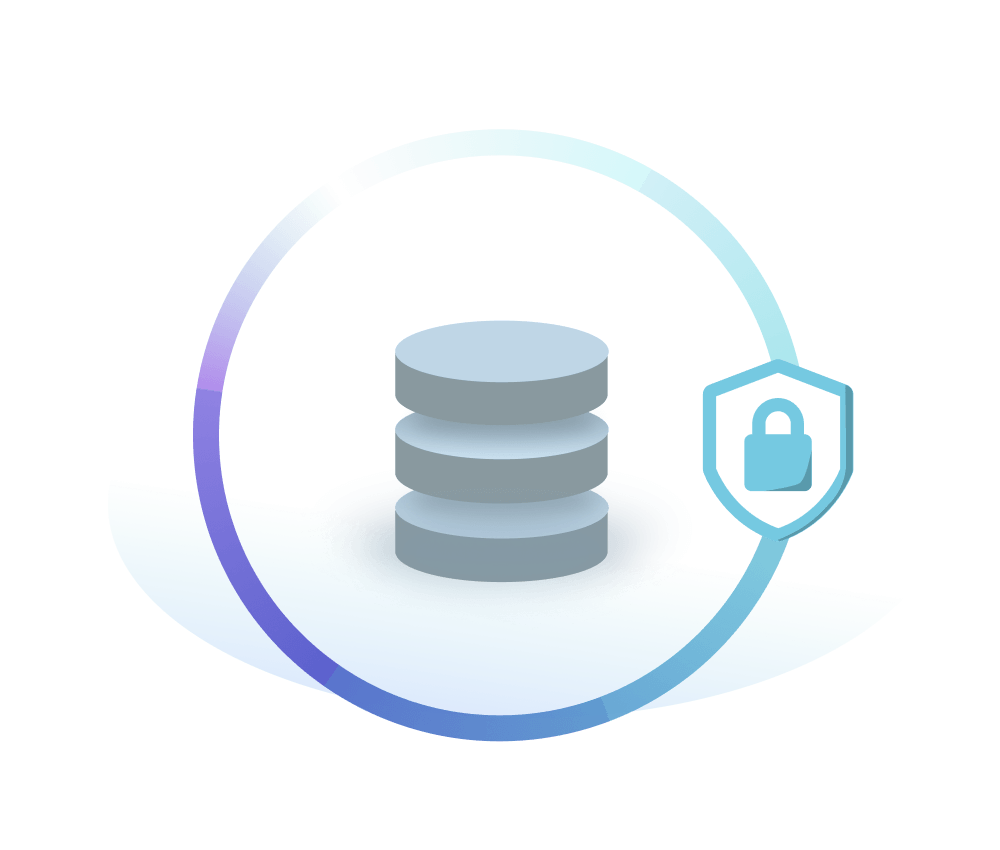Democratizing data: How it helps brands make better, faster, more informed decisions
April 11, 2023

Businesses have been collecting data since the beginning of time. The only problem is that not everyone within the company can access this data.
This is where data democratization can help. It gives your employees access to data that they can use to power their decision-making. So if you’re thinking about democratizing data, this guide is for you. Below, we’ll discuss everything you need about data democratization.
Benefits of data democratization
Here are some benefits you can expect to experience when implementing data democratization into your business processes:
Zero data silos
Data silos are pieces of information stored in data warehouses that are almost impossible for employees to access. This is often caused when only a single department owns data and everyone else has to ask for permission to use it.
Research shows that this can cost organizations an average of $15 million per year. But when the necessary data is accessible to everyone, they don’t have to hunt for it. All they need to do is log into the database, find the information they are looking for, and continue doing their job.
More informed business decisions
When you collect data about your employees, customers, and organizational processes, you’ll quickly identify areas for improvement.
Maybe your employees are completing tasks manually that could easily be automated. Or, perhaps your product development efforts are heading in the wrong direction. When everyone has access to this information, your entire organization can identify weaknesses, and improve.
Challenges of data democratization
But you have to keep in mind that emphasizing data sharing isn’t without its problems. These are some challenges you’ll probably face.
Enforcing data governance policies
Enforcing data governance policies is one of the biggest problems businesses face. Effective data policies will allow you to collect high-quality data while remaining compliant with government security regulations. A good way to enforce data policies is to educate everyone about what you’re trying to achieve by democratizing data and having your employees follow guidelines to help you achieve this goal.
Improving data quality
Many employees will just dump terabytes of raw data into your database without any structure. This is especially true if your employees aren’t data literate.
An effective way to avoid this is to teach your employees how to clean, structure, and organize data. For example, you could invest in e-learning or hire a data manager to manage all the data within your organization.
Securing data
When you give so many employees access to data, you might think data security will take a hit. However, this isn’t always the case.

If you’re using a secured CDP like Lytics, the chances of your company data falling into the wrong hands are almost zero. Lytics uses end-to-end encryption to ensure that your company data is secure.
Here’s how to democratize your data in three easy steps
Thinking about giving data access to everyone within your organization? Great! You’re on the right track. Here’s how to democratize data in three simple steps.
1. Analyze your company’s data landscape
Before you democratize company data, it’s important to analyze your data inventory and compliance landscape. How is your organization collecting data? Are you using surveys, Google Analytics, or transactional records? Also, what software products are you utilizing to automate data management?
2. Train your employees
Once you have an idea of your company’s data process, it’s time to train your employees. And this is where many companies fall short. They think they can democratize data, and their employees will adapt quickly.
But in many cases, you’ll have to train them on how to handle data. You could do this by seeking the help of a third-party data consultant, and having them walk employees through what they need to know about collecting and managing data.
3. Use data solutions
However, training your employees isn’t enough. Data management involves many repetitive tasks that can easily be automated. So consider implementing CDPs and other data management platforms that’ll help you streamline data democratization.
How do you choose the right tools to enable everybody to work with data?
When choosing a data management platform to democratize data, you want a tool that will help you collect raw data and structure it in a way that removes data silos and makes it easy to understand.
It also helps to have something that’ll organize customer data into various profiles, giving you a 360-degree view of each customer. From here, you can segment these customers depending on their needs, making it easy to personalize marketing.

Fortunately, Lytics does all this and more. You can collect raw data, and Lytics will structure this data so it’s easy to find. It’ll also build 360-degree customer profiles, giving you a detailed view of the customer across several social platforms.
Democratize company data with Lytics
Data democratization can benefit every part of your business, from product development to marketing and human resources. It gives everyone access to the information needed for data-driven decision-making. So if you’re trying to democratize company data, consider the Lytics CDP. It allows you to collect, clean, and structure raw data so you can use it to make data-driven business decisions.


